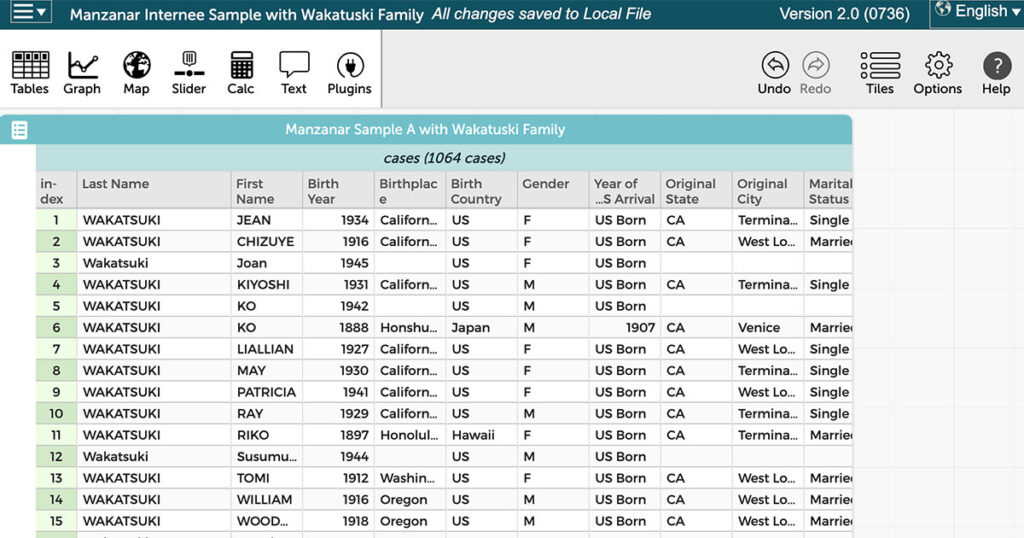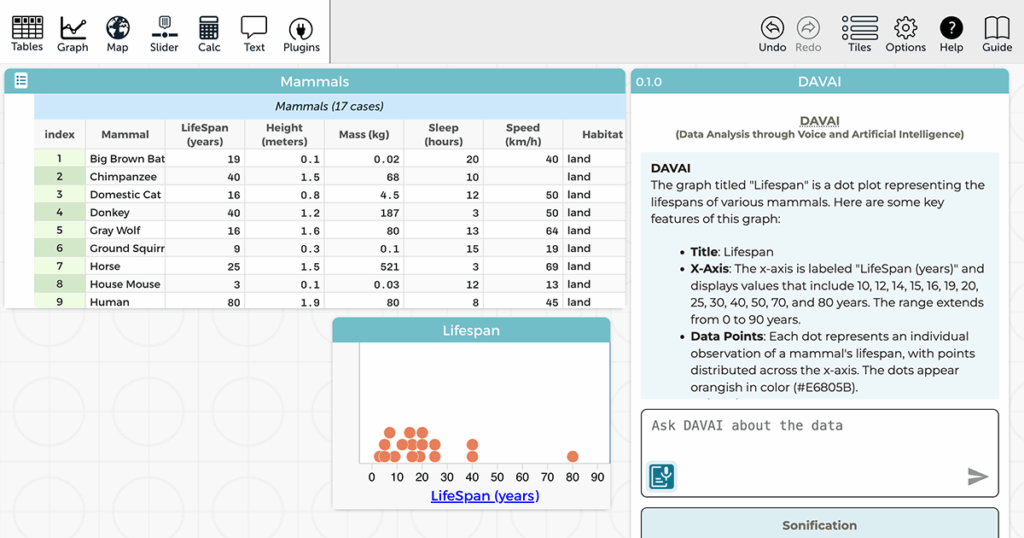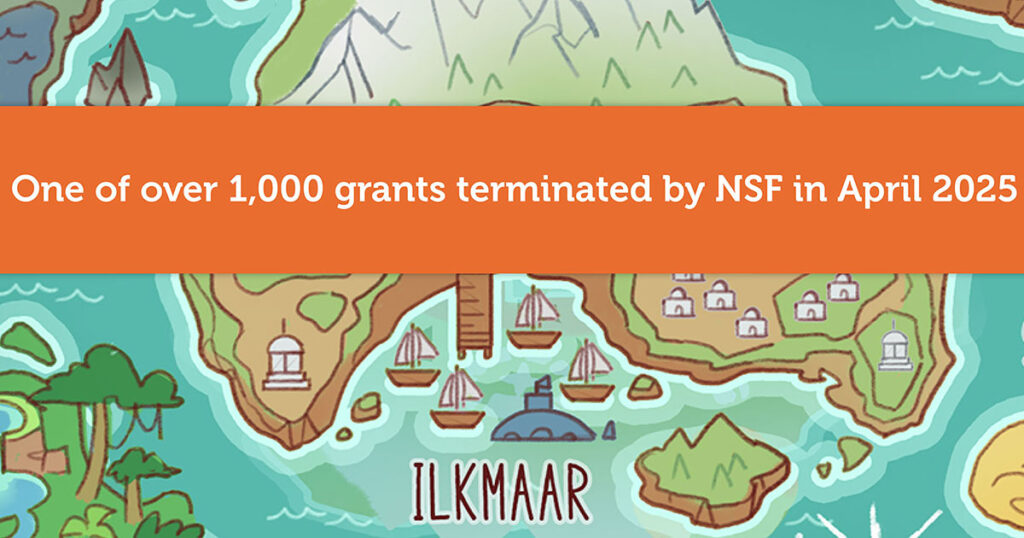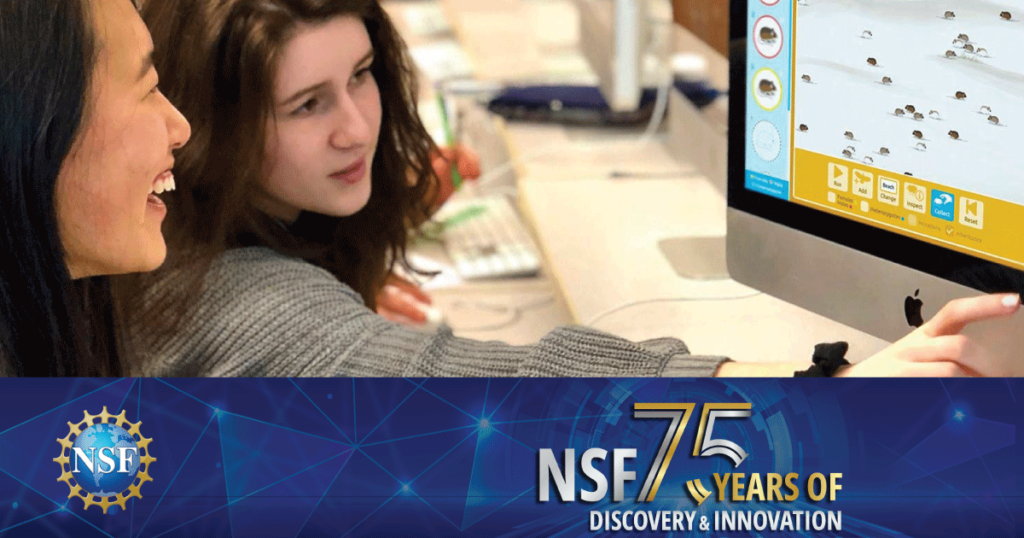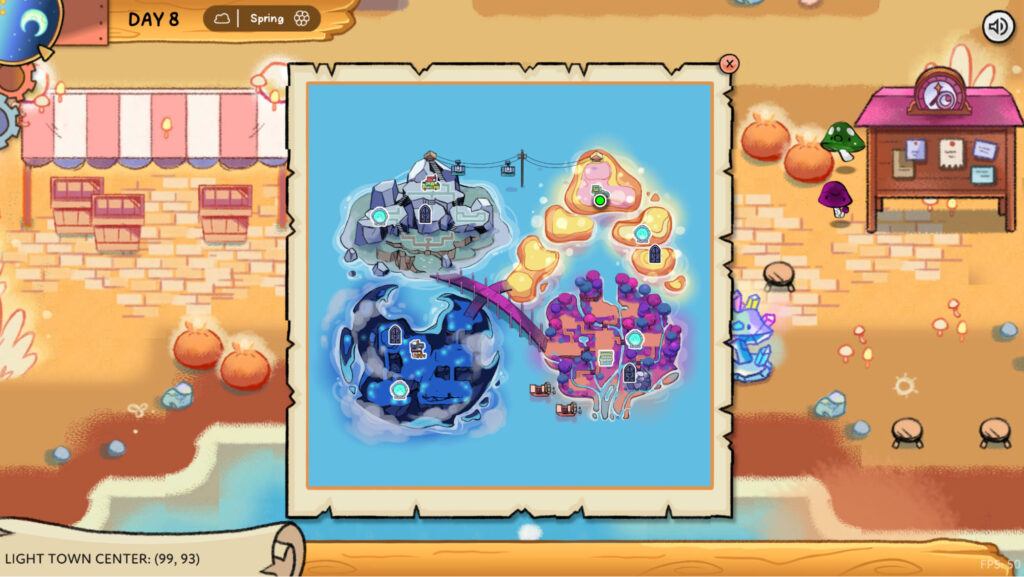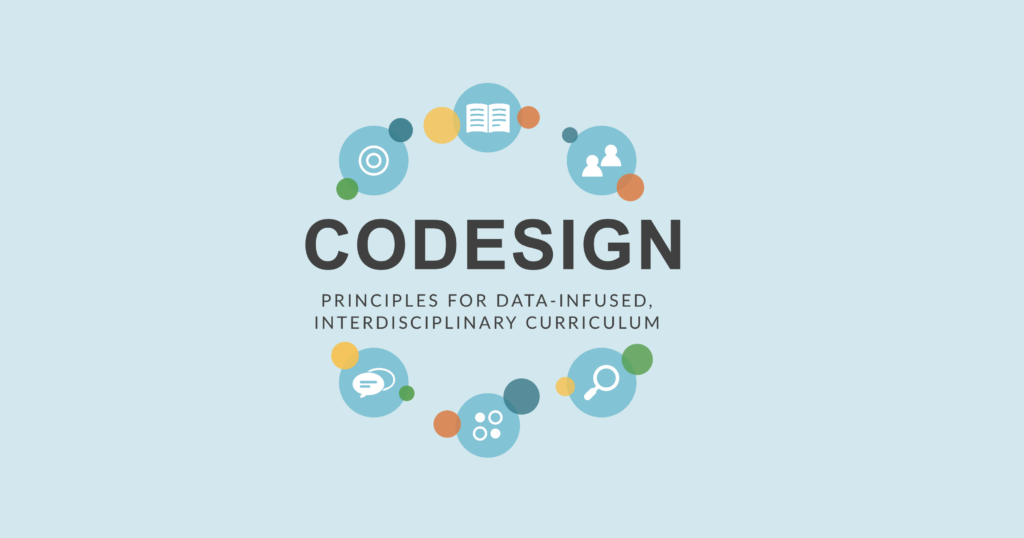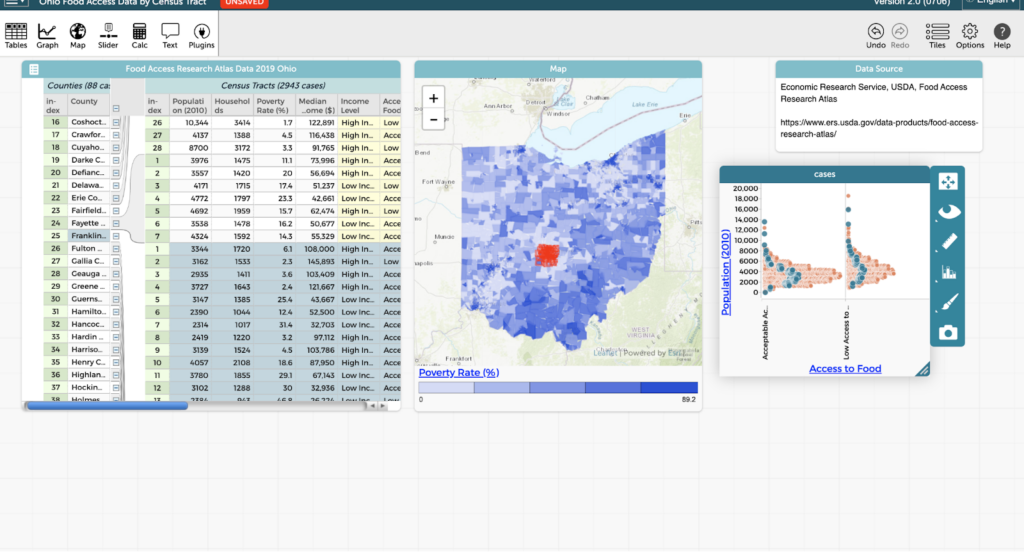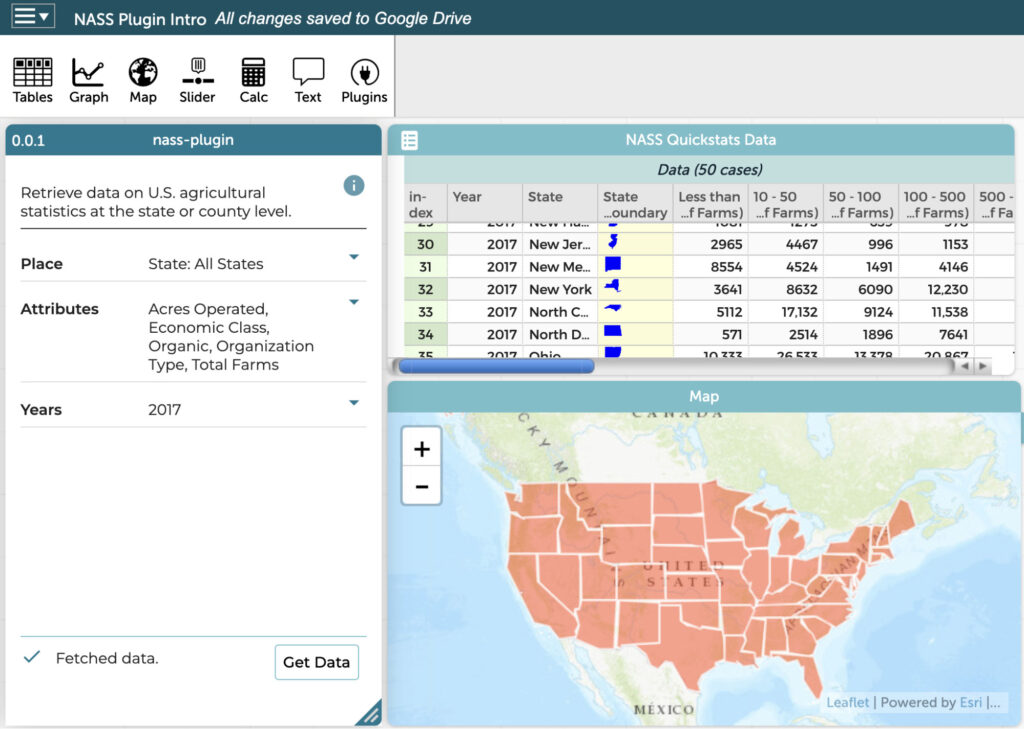Category: Data Science Education
Middle school social studies students typically study 20th century immigration, including the push and pull factors that guided immigration and the policies that shaped travel to (and from) the United States. Additionally, Jeanne Wakatsuki Houston’s memoir Farewell to Manzanar, which details her experience in a Japanese American internment camp during World War II, is a […]
Our Common Online Data Analysis Platform (CODAP) engages learners in data science practices, including data analysis and visualization. But what does “visualization” mean to blind or low-vision (BLV) learners? A new National Science Foundation-funded project is using artificial intelligence (AI) to develop and research new tools for making data exploration accessible to BLV learners. Graphs—and […]
For many nonprofit organizations and institutions of higher education, recent Fridays have been overshadowed by a sense of dread. For four successive Fridays—April 18, April 25, May 2, and May 9—over 1,400 National Science Foundation (NSF) awards were abruptly terminated in enormous weekly batches. (There were a few letters of termination on other days of […]
On May 10, 2025, the National Science Foundation (NSF) celebrates 75 years of empowering discovery, innovation, and learning. For generations, NSF has supported the ideas and people that have shaped STEM education, research, and opportunity in America. But this milestone is more than a celebration—it’s also a moment for reflection. The gains we’ve made through […]
Update: The Data Science Learning for Middle School-aged Girls in Informal Gaming Clubs project was one of over 1,000 grants terminated by the National Science Foundation in April 2025. In the Isles of Ilkmaar, a fictional multiplayer game featuring an archipelago of diverse and magical biomes, middle school players are both data creators and data […]
Joe Polman is the Associate Dean for Research and a Professor at the University of Colorado Boulder. Kate Miller is a Research Associate. Cynthia McIntyre is the Director of Communications. Over the course of two years, our National Science Foundation-funded Contextualizing Data Education via Project-Based Learning (DataPBL) project co-designed addenda to four middle school English […]
Trang Tran is a Research Assistant Professor at the University of Alaska Anchorage. Joe Polman is the Associate Dean for Research and a Professor at the University of Colorado Boulder. Kate Miller is a Research Associate. Cynthia McIntyre is the Director of Communications. A new National Science Foundation-funded study investigated how interdisciplinary, project-based learning can […]
We are delighted to announce two Tinker Fellows in 2025. The theme for this year’s Robert F. Tinker Fellows Program, which aims to promote innovation, creativity, and cross-disciplinary conversations, focuses on innovations in artificial intelligence, data science education, and STEM models and simulations. Devan Walton plans to develop a prototype interface that reimagines how students […]
From climate reports to historical datasets about income or education level, data influences how we understand and interact with the world around us. While math and science classrooms often shoulder the responsibility of teaching data skills, social studies classrooms are uniquely positioned to offer a context-rich and interdisciplinary approach to data literacy. At its core, […]
A number of innovative projects at the Concord Consortium are helping students develop AI literacy, converse and collaborate with AI, and use AI as a learning and communications tool. We’re helping students develop AI literacy and interest in AI-related careers. We’re partnering with the University of Florida, Texas Tech University, WestEd, and Florida Virtual School […]
